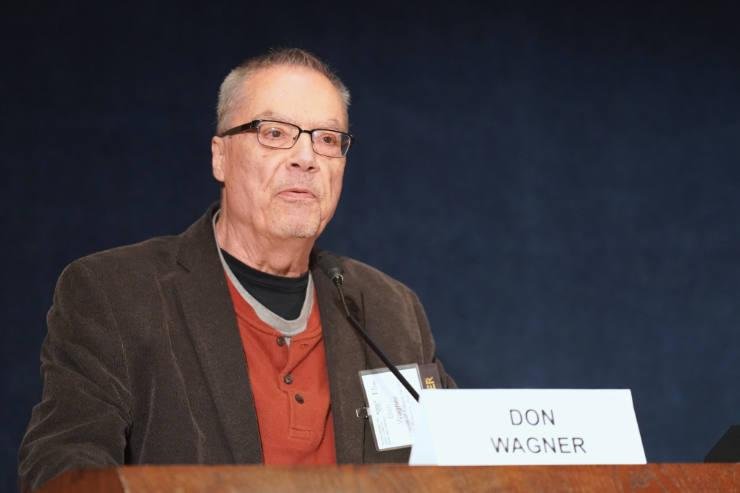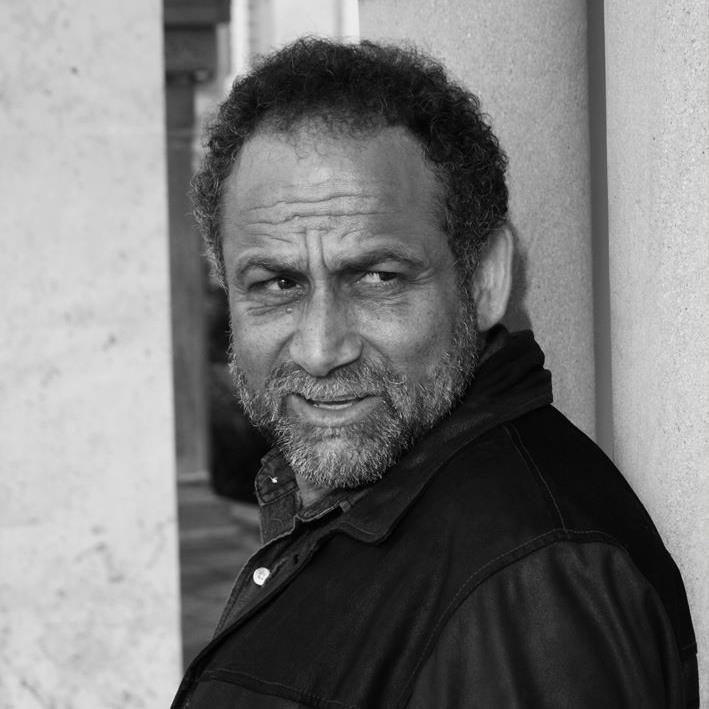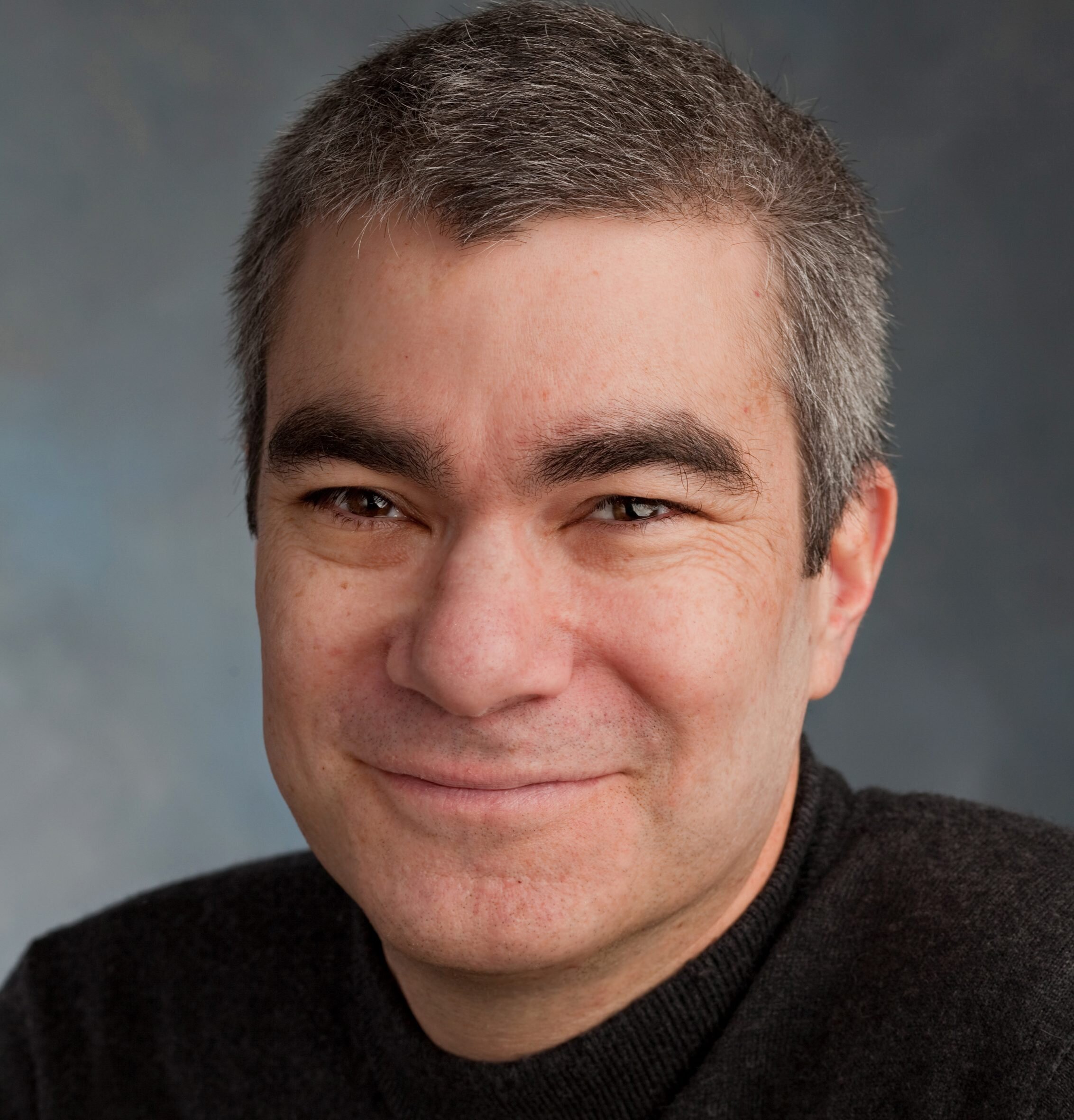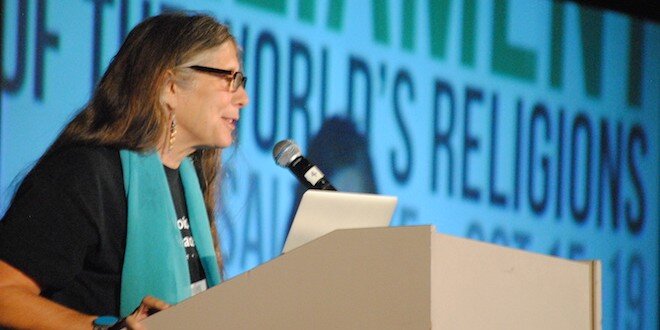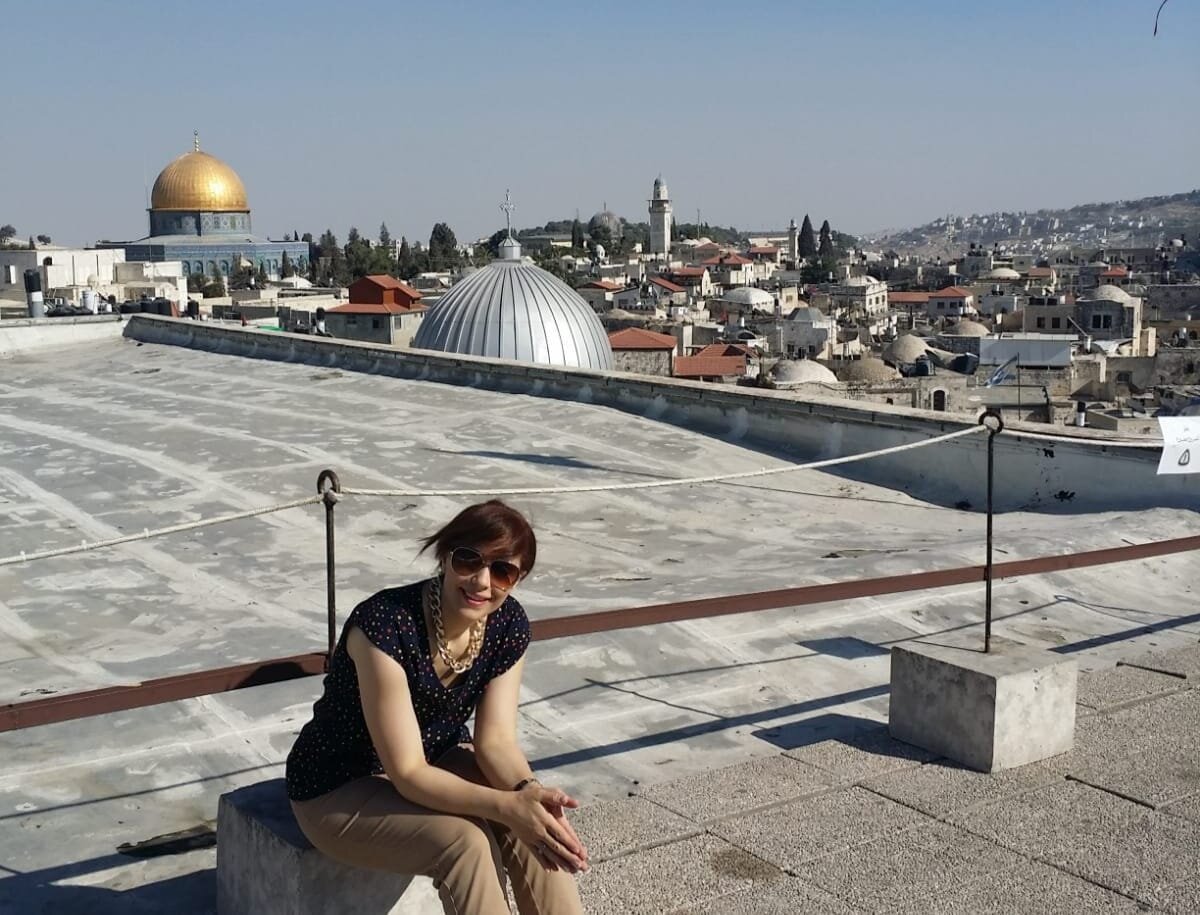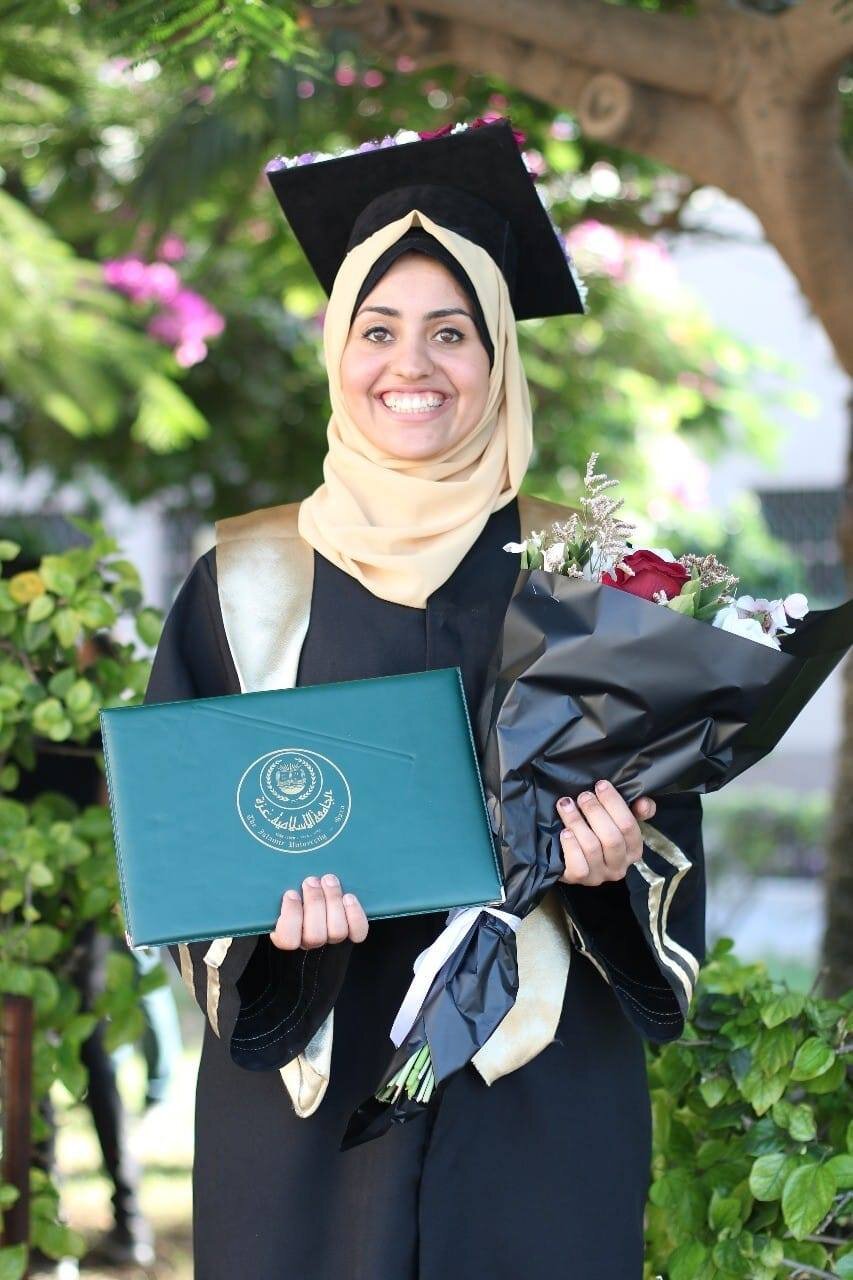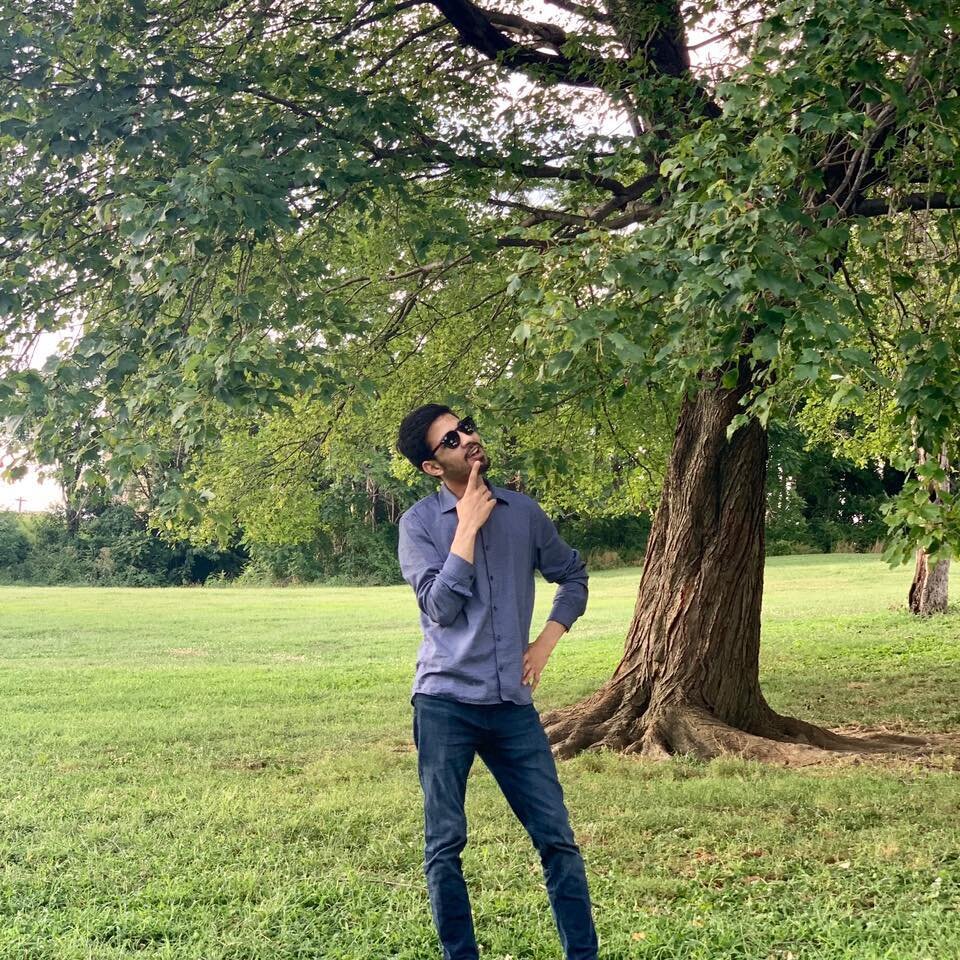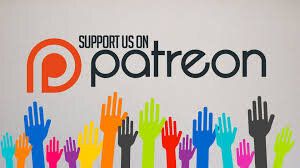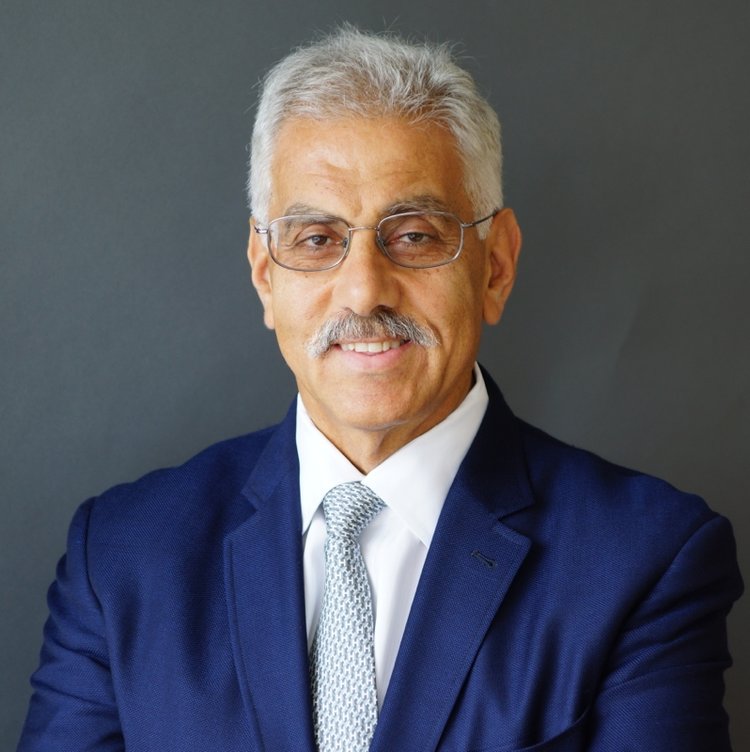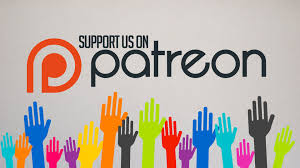While there have been different strains of Christian Zionism dating back to the Sixteenth Century, the most politicized, powerful, and violent iteration of the movement has its roots in the contemporary Christian Evangelical Church. Modern Christian Zionists hold that the ethnic cleansing of roughly 750,000 Palestinians from their homes in historic Palestine in 1948 by Jewish Zionists was the fulfillment of a Biblical prophecy in which the so-called Holy Land must be resettled by the Jewish people in order to usher in the return of Jesus Christ as the messiah. Modern Christian Zionism is distinct from the modern form of political Zionism that arose amongst the European Jewish community in the late 19th Century.
Don Wagner is a Christian theologian, a former minister, and author. He received a Master of Divinity from Princeton Theological Seminary and a Doctor of Ministry degree from McCormick Theological Seminary. He is also author of, "Glory to God in the Lowest: Journeys to an Unholy Land".
This interview was recorded on January 24th, 2023.

